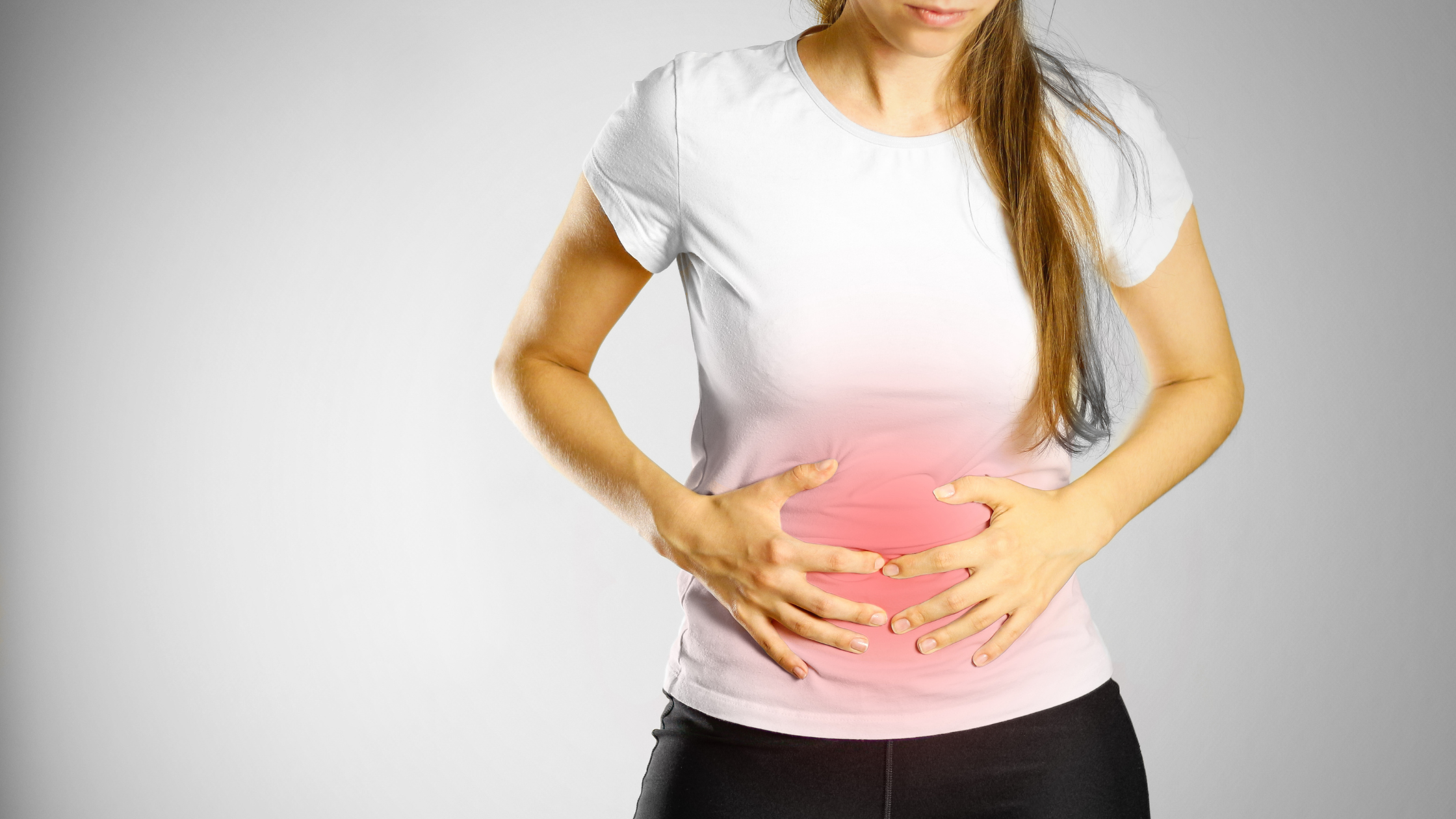
Endometriosis is a common uterine disorder that can cause painful, abnormal growth of the uterus. This can lead to severe cramps and heavy bleeding during menstrual cycles, so severe that women can miss days of work, become bedridden, and have their entire lives interrupted.
Endometriosis also interrupts sleep, which can exaggerate the pain, and emotional distress already experienced with endometriosis. Continue reading to find out more about how endometriosis can affect sleep, and what can be done to mitigate the disruptions.
Pain and discomfort
Endometriosis is a very painful and uncomfortable experience. It can negatively impact the quality of sleep because the pain can be so severe. The cause of endometriosis is uterine tissue implanting outside of the uterus, but still participating in the monthly shedding, also known as a period or menses.
This can lead to extreme pain and inflammation of the surrounding tissues. Disrupted sleep due to this pain worsens the symptoms because of the fatigue one feels the next day.
Hot Flashes
Patients can have a hormonal imbalance caused by endometriosis, with patients experiencing excessive sweating, heart palpitations, or hot flashes that can disrupt sleep. Endometriosis can make patients feel like they are experiencing early menopause symptoms. Hot flashes can disrupt sleep because they are so uncomfortable. The body normally drops a couple of degrees during sleep. Hot flashes do the opposite of that, causing a rise in temperature. Excessive sweating can make sheets stick, and just cause an overall uneasy feeling that is impossible to sleep through.
Anxiety
Endometriosis not only has a physical effect, but also a mental one, leading to feelings of anxiety, depression, and overall hopelessness. It is so discomforting, that it can cause problems in social relationships, sexual health, all of which can have a negative impact on sleep. The pain can also cause guarding, or fear of not getting enough sleep because of anticipation of how long the night is going to be.
Frequent Urination
Uterine tissue can crowd the bladder, and surrounding areas, leading to urinary urgency that can impact sleep. Repeatedly getting up throughout the night to go to the bathroom can disrupt sleep and be very frustrating, especially if the amount of expelled urine is minimal. Not only that, it can be a hazard getting up and going to the bathroom several times a night, especially if the room is dark and there are items that can cause tripping or falling.
Migraines
According to research, there is a strong link between migraines and endometriosis, which can significantly disrupt sleep. Migraines are painful and can last anywhere from hours to days. The pain is unrelenting and so severe, that it is very difficult to get good sleep.
Management
Although endometriosis can be so disruptive, there are some measures that one can take to improve their sleep habits. This is mainly accomplished by managing the symptoms of endometriosis.
One way is to exercise daily. Although the pain may discourage exercise, exercise is actually beneficial for reducing inflammation and increasing natural endorphins that help with pain management.
Along with exercising, eating healthy can also help reduce pain throughout the night. Sugar, fried foods, and even wheat may be exacerbating some of the pain symptoms. Whatever meal you do consume should be eaten at least 2-3 hours before sleeping. Caffeine and alcohol also disturb sleep as a stimulant, and diuretic, respectively. Therefore, they should be avoided or limited closer to bed time.
Establishing a sleep routine to adjust the body to a natural sleep pattern is also a great practice. If falling asleep is a difficult task, then relaxation techniques should be implemented in an order that is repeated every night. This trains the brain and body to know that it is time to go to bed.
Another important aspect of sleep health is ensuring an optimal sleep environment. This means a cool room, dark, and quiet. It should also be comfortable.
Mental health counseling may also help to deal with the mental aspects of endometriosis. Working on preparing the mind for a good night of sleep, as well as providing some support for the anxiety and depression that many feel can do wonders for sleep.
If you, or someone you know, is really struggling with insomnia from endometriosis, please click the orange button for a free online sleep test and to get in contact with one of our sleep health professionals.
https://endometriosisnews.com/endometriosis-and-sleep/#:~:text=Research%20has%20shown%20that%20endometriosis,%2C%20frequent%20urination%2C%20and%20migraines.

